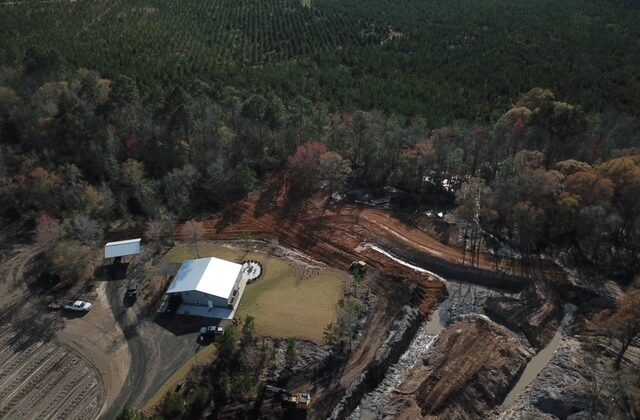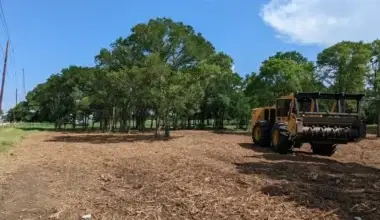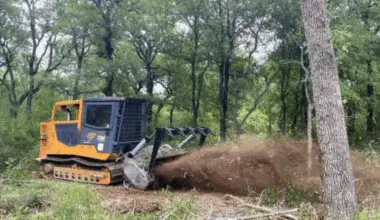Owning land can be a great investment, but it can also be a financial burden if you’re not using it to generate income. If you’re looking for ways to make money from your land, there are a few different options available to you.
In this D and H Land Management blog post, we’ll discuss some of the most common income alternatives for landowners, and we’ll provide some tips on how to choose the right option for you. We’ll also include an FAQ section to answer some of the most common questions about land income.
Common Income Alternatives for Landowners
There are a number of different ways to generate income from land. Some of the most common options include:
- Renting the land out to tenants. This is one of the most straightforward ways to make money from your land. You can rent out your land to businesses, individuals, or even the government.
- Developing the land. If you have a large piece of land, you may be able to develop it into something that can generate income, such as a shopping center, a residential development, or a commercial office complex.
- Fracking or drilling for oil or gas. If your land is located in an area with oil or gas deposits, you may be able to lease your land to a company that will extract the resources.
- Selling the land. If you’re not interested in using your land to generate income, you can always sell it. This may be the best option for you if you need to raise cash quickly.
How to Choose the Right Income Alternative for You
The best income alternative for you will depend on a number of factors, including the size and location of your land, your financial goals, and your personal preferences. If you’re not sure which option is right for you, it’s a good idea to talk to a financial advisor or a land management company.
Here are a few things to consider when choosing an income alternative for your land:
- The size of your land. If you have a small piece of land, you may not have enough space to develop it or to rent it out to tenants. In this case, selling the land may be your best option.
- The location of your land. The location of your land will also play a role in determining which income alternative is right for you. If your land is located in a desirable area, you may be able to rent it out for a higher price or sell it for a higher profit.
- Your financial goals. How much money do you need to make from your land? If you need to generate a significant amount of income, you may need to develop the land or sell it. If you’re just looking for a little extra income, renting it out may be a better option.
- Your personal preferences. How much work are you willing to put into managing your land? If you don’t have a lot of time or energy, renting it out or selling it may be the best option for you. If you’re willing to put in some work, developing the land or fracking it may be a more profitable option.
FAQ
Q: How much money can I make from my land?
A: The amount of money you can make from your land will vary depending on the size and location of your land, the income alternative you choose, and the market conditions. However, in general, you can expect to make a few thousand dollars to a few hundred thousand dollars per year from your land.
Q: How do I find a tenant for my land?
A: There are a number of ways to find a tenant for your land. You can advertise your land in local newspapers or online classifieds. You can also contact a real estate agent or a property management company.
Q: How do I develop my land?
A: If you’re considering developing your land, you’ll need to hire a team of professionals, including an architect, an engineer, and a contractor. You’ll also need to obtain the necessary permits and approvals from the local government.
Q: How do I sell my land?
A: If you’re considering selling your land, you can list it with a real estate agent or sell it yourself. If you sell it yourself, you’ll need to market your land and negotiate the sale price with the buyer.
We hope this blog article has been helpful. If you have any further questions, please don’t hesitate to contact D and H Land Management.






